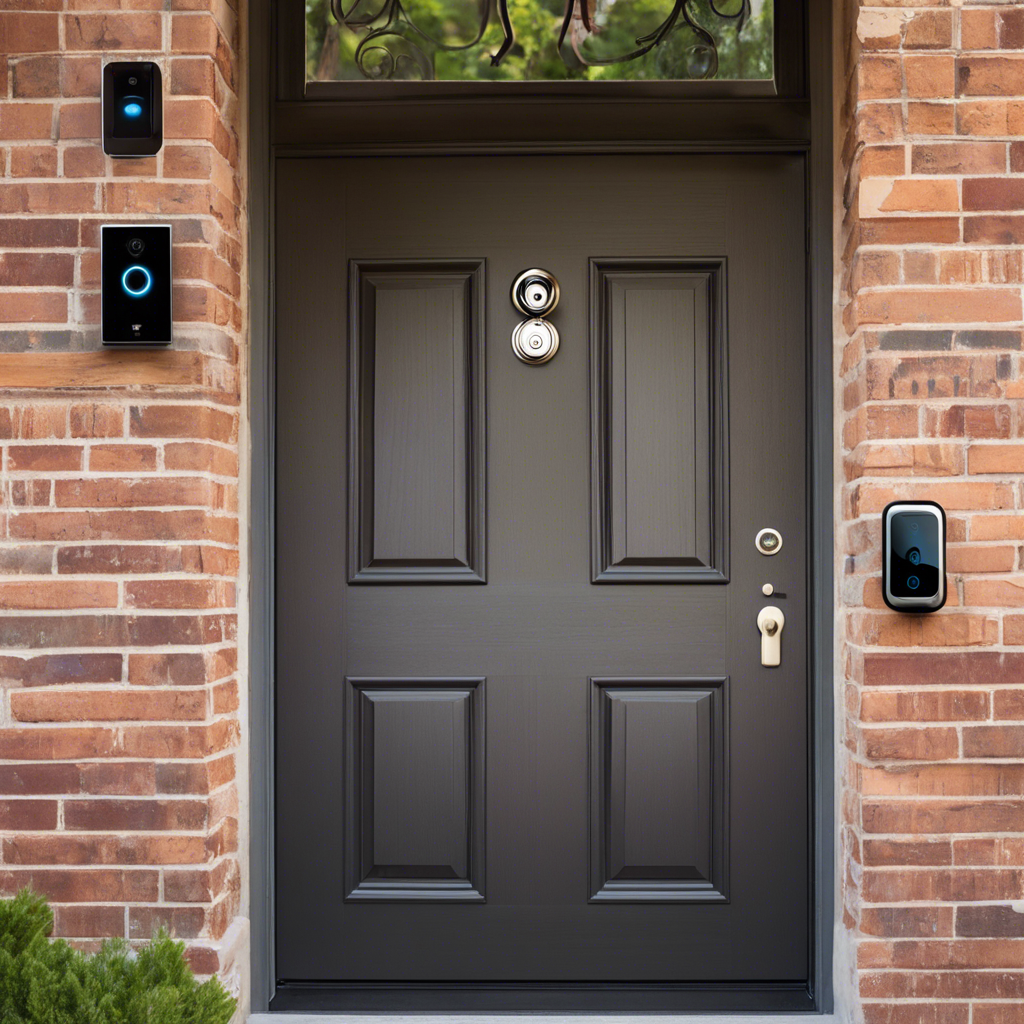The rise of smart home technology has brought a new level of convenience and connectivity to our daily lives. Among the plethora of smart devices available, video doorbells have particularly gained traction, with brands like Ring and Nest leading the market. These devices promise to enhance home security and provide peace of mind to homeowners. But are they really worth the potential privacy trade-offs?
On the surface, smart doorbells offer undeniable benefits. They allow users to screen visitors, receive notifications when someone approaches their door, and even deter potential burglars. The ability to answer your door remotely provides a sense of security and control. For example, if you’re expecting a package, you can instruct the delivery driver to leave it at your doorstep, reducing the risk of theft. Or, if you’re on vacation, you can create the illusion that someone is home by speaking through the doorbell’s intercom system.
However, as with any device connected to the internet, there are valid concerns about privacy and security. Smart doorbells typically record and store footage, often including audio, which can then be accessed by the user through a corresponding app. This means that sensitive video and audio data is being continuously collected and transmitted over the internet. While this may not bother some people, the potential for misuse or unauthorized access is a worrying prospect.
In recent years, there have been several high-profile incidents involving smart doorbells. For instance, in 2020, a data breach exposed the personal information of over 3,000 Ring users, including email addresses, passwords, and camera locations. Additionally, there have been reports of hackers gaining access to doorbell cameras and demanding ransom payments from homeowners in exchange for not accessing their live feeds.
Another concerning aspect is the potential for misuse by those with malicious intent. Smart doorbells could be used for stalking or harassment, as they provide a way to remotely monitor someone’s comings and goings without their knowledge or consent. This is especially problematic considering the ease of installing these devices and the lack of regulation around their use.
Then there’s the issue of surveillance capitalism, where our personal data becomes a commodity to be bought and sold. Smart doorbells, with their constant stream of footage, contribute to this data economy, often without users fully understanding where their data is going or how it’s being used.
Proponents of smart doorbells argue that the privacy trade-off is worth it for the increased security and convenience they offer. While there are certainly valid concerns, it’s important to note that many of these issues can be mitigated with proper security measures and data protection regulations. Responsible use, strong encryption, and user education are key to balancing the benefits of this technology with the need for privacy and security.
Ultimately, the decision to adopt smart doorbells comes down to individual preferences and risk tolerance. While they do offer enhanced security and convenience, it’s crucial for users to be aware of the potential privacy implications and take the necessary steps to protect their personal information. This includes practices such as regularly updating passwords, enabling two-factor authentication, and reviewing the privacy policies of the manufacturers.
As the smart home market continues to evolve, it’s essential that manufacturers prioritize data security and transparency to earn the trust of consumers. With the right safeguards in place, smart doorbells can provide valuable peace of mind without sacrificing our privacy.
